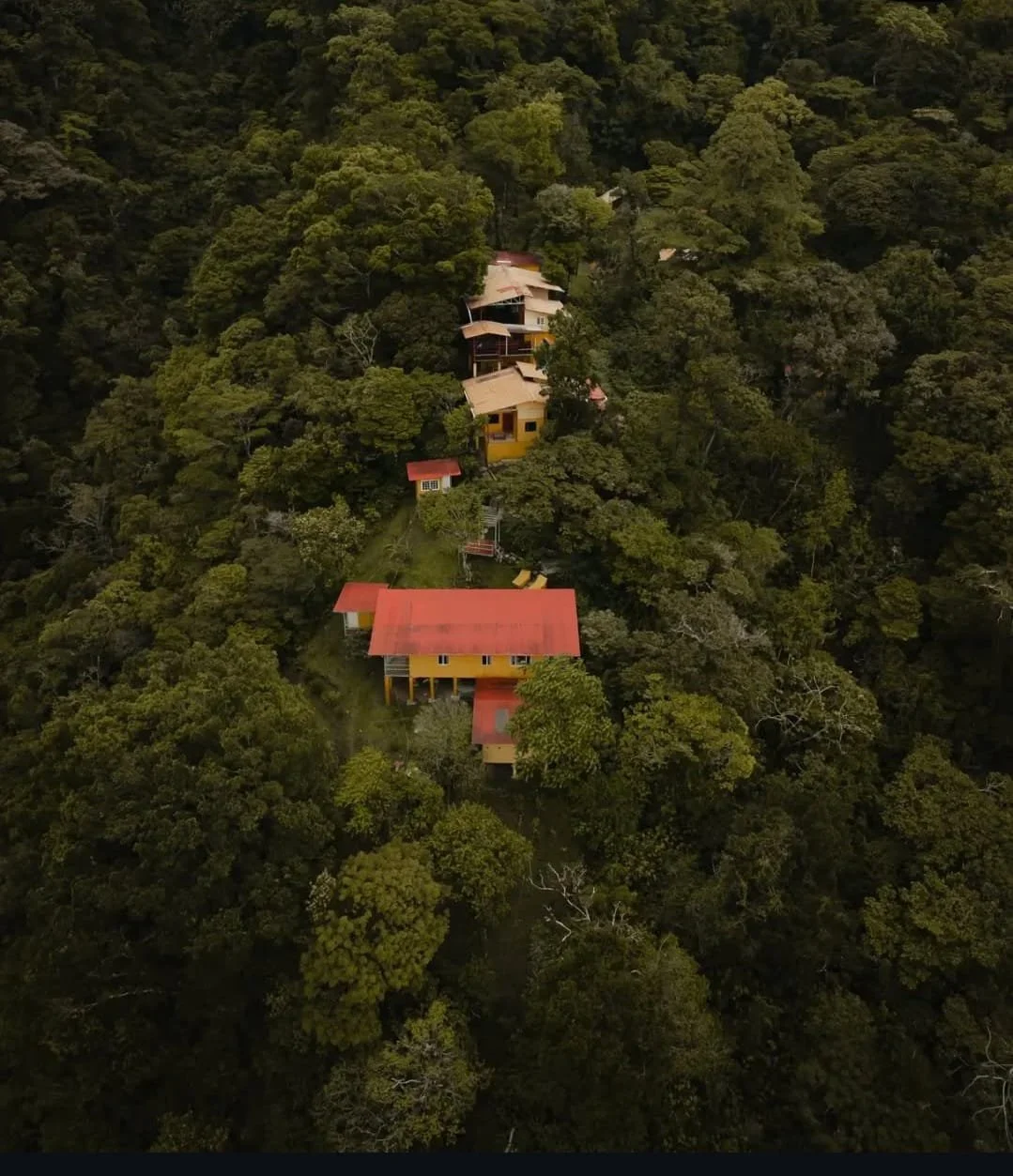Panama has long relied on Air Panama as the main domestic airline connecting the capital to Bocas del Toro, David, and other destinations. In recent years, however, Wingo has emerged as a new low-cost competitor looking to shake things up. Wingo, originally a Colombian budget carrier, began operating domestic flights within Panama in 2023, starting with the Panama City to David route. Travelers have been watching closely to see if the airline will expand to cover Panama City to Bocas del Toro, one of the country’s most popular routes for backpackers and beach lovers. The possibility of cheaper fares on this corridor has generated plenty of buzz.
Currently, Wingo advertises domestic flights for as little as thirty-nine dollars one way, a striking difference from the typical one hundred fifty to two hundred dollar fares charged by Air Panama to Bocas del Toro. Although these low fares are primarily seen on the Panama to David route, they provide a strong indication of what pricing could look like if Wingo officially opens service to Bocas. Even if final prices creep up once luggage and extras are added, the base fares alone are likely to draw budget travelers who are used to paying a premium just to avoid the long bus and boat rides across the country.
One thing travelers like about Wingo is the straightforward online booking process, which feels modern and user-friendly compared to some regional competitors. Their flight times also tend to be practical, often aimed at weekend travelers with departures on Fridays and returns on Sundays. For backpackers who want to squeeze in a quick trip to the islands, that timing is convenient. Many passengers also comment on Wingo’s affordability, noting that even with added extras, tickets can still be significantly cheaper than those offered by other airlines.
On the downside, customer reviews highlight recurring frustrations. Hidden fees are the most common complaint, with extra charges for checked luggage, carry-ons beyond the smallest size, and even seat selection. Some passengers only discover these costs at the airport, which can double the price of a supposedly cheap ticket. Others report inconsistent customer service, with long waits on the phone or unhelpful staff when trying to resolve booking problems. For those who want a truly stress-free experience, these hassles can be a dealbreaker.
Reliability is another issue that travelers weigh carefully when considering Wingo. As with many budget airlines, delays and cancellations are not unusual. Some passengers have shared stories of last-minute changes or outright cancellations with little notice, and refunds are often slow to process. For a domestic vacation where every day counts, these kinds of disruptions can be costly. On the flip side, many flights run smoothly, and some travelers have nothing but good things to say about their on-time, efficient journeys.
One of the most important things to understand when flying Wingo is the hidden costs structure. The basic ticket usually includes only a small personal item. If you want to bring a carry-on or a checked bag, you have to pay extra. Choosing your seat comes with another fee, and if you forget to check in online, checking in at the airport can also cost more. Even onboard snacks and drinks must be purchased. For budget-savvy travelers who plan ahead and travel light, these fees can be minimized, but for those expecting full service, the costs can be a shock.
Compared to Air Panama, Wingo’s customer experience is less polished, but the trade-off is price. Air Panama has long been the reliable, established option with frequent flights and more predictable service, but it rarely discounts tickets significantly. Wingo positions itself as the airline for backpackers, students, and locals who are willing to deal with a little uncertainty to save money. This contrast has sparked debate within Panama’s travel community about whether the risk is worth it for a short domestic hop.
If Wingo does expand to Bocas del Toro, it could reshape how travelers move around the country. The Bocas route is one of the most in-demand domestic services in Panama, used not only by tourists but also by locals and business travelers. With fares often pushing two hundred dollars round trip on existing carriers, Wingo’s entry could open the islands to a new wave of budget travelers who previously opted for the cheaper bus-and-boat journey that takes nearly a full day.
Backpackers, in particular, would benefit from the increased competition. Many already choose to break up the trip from Panama City to Bocas by stopping at hostels like Lost and Found in the cloud forest, making the overland journey more manageable. But with cheap flights, some would happily skip the long buses and head straight to the Caribbean islands in just an hour. The existence of both budget flights and the traditional overland route would give travelers more flexibility to balance time and money.
In the end, Wingo represents both opportunity and caution for travelers in Panama. The potential for affordable flights to Bocas del Toro is exciting, especially when compared with the high prices currently charged. But travelers must go in with their eyes open, understanding the hidden fees, the risks of cancellations, and the trade-offs of flying with a budget carrier. For those who pack light, book early, and stay flexible, Wingo could become the best way to fly to Panama’s islands on a budget. For others, the reliability of established carriers or even the slower overland route might feel like a safer choice. Either way, the rise of Wingo is already changing Panama’s domestic travel scene.

